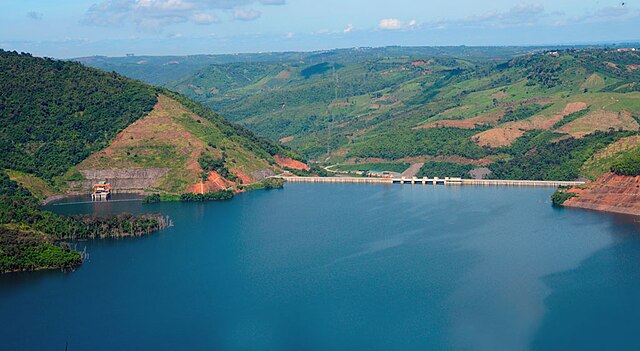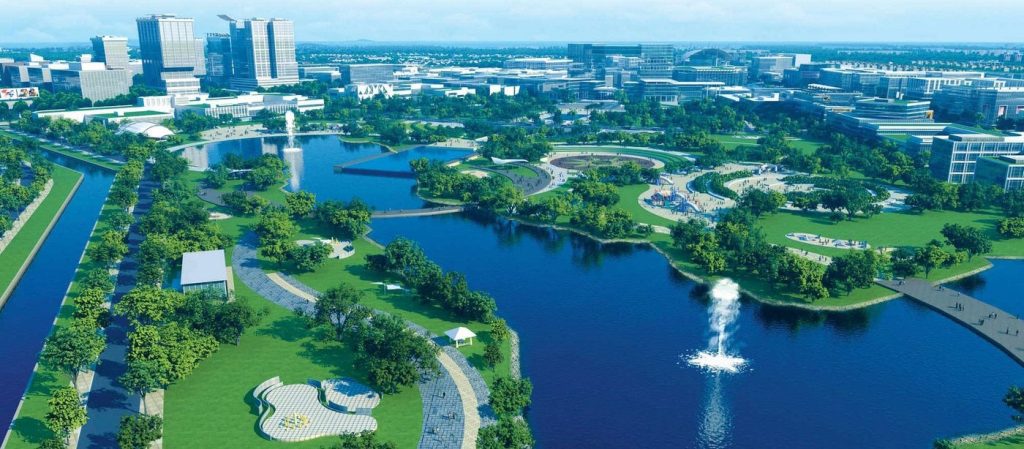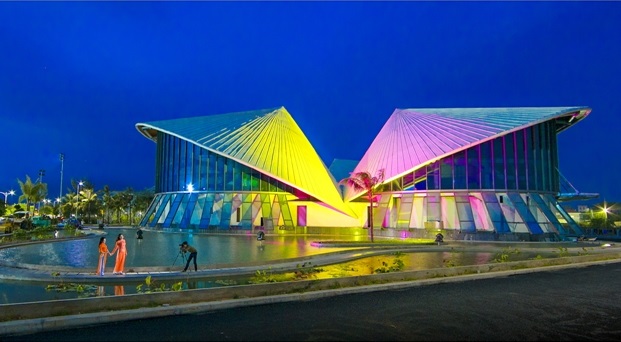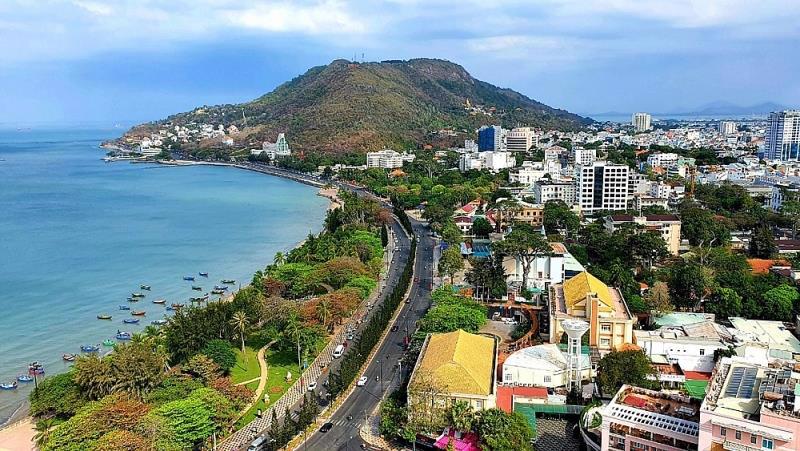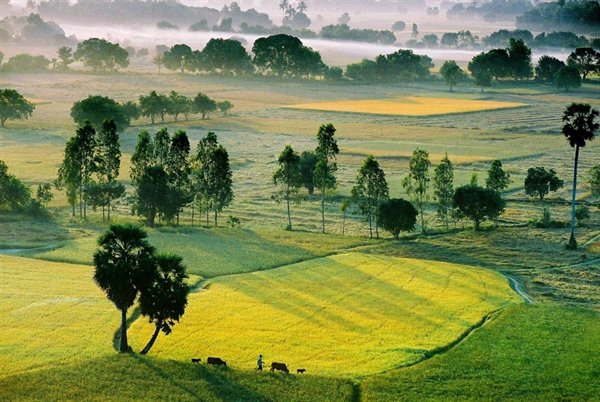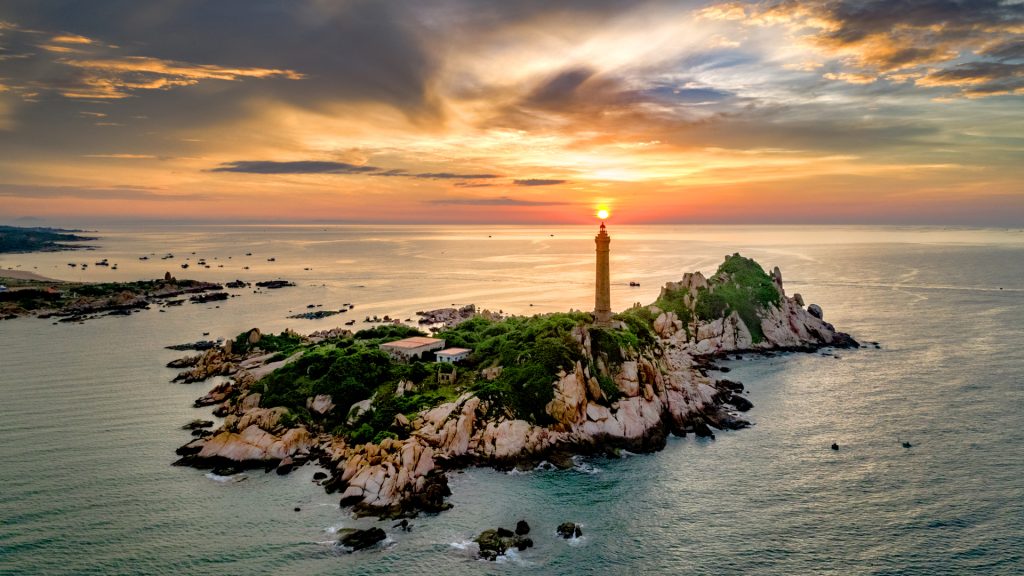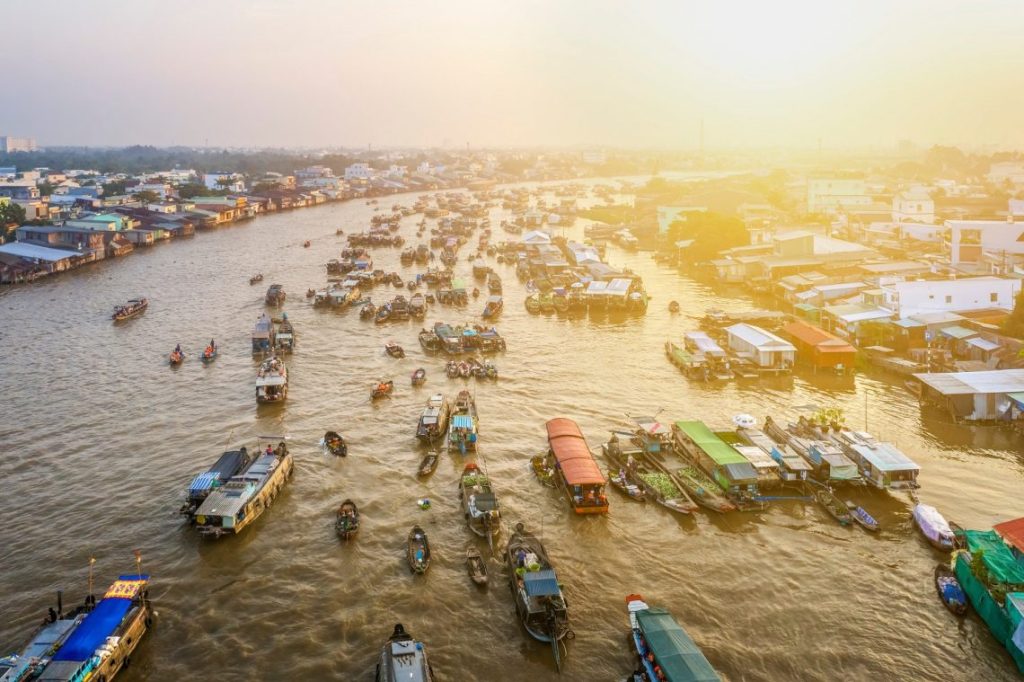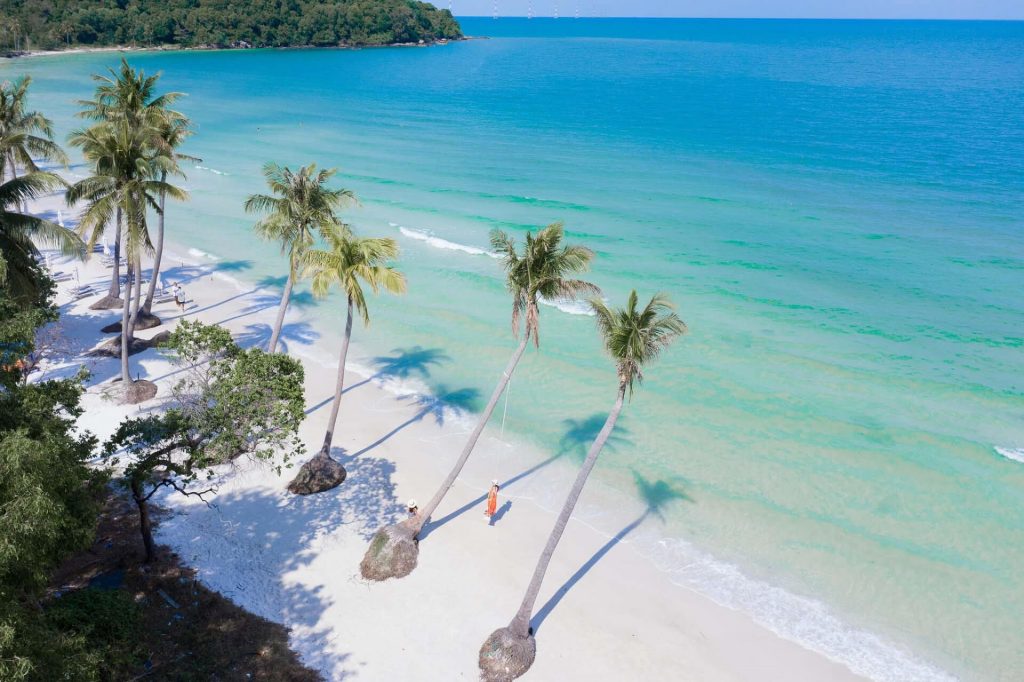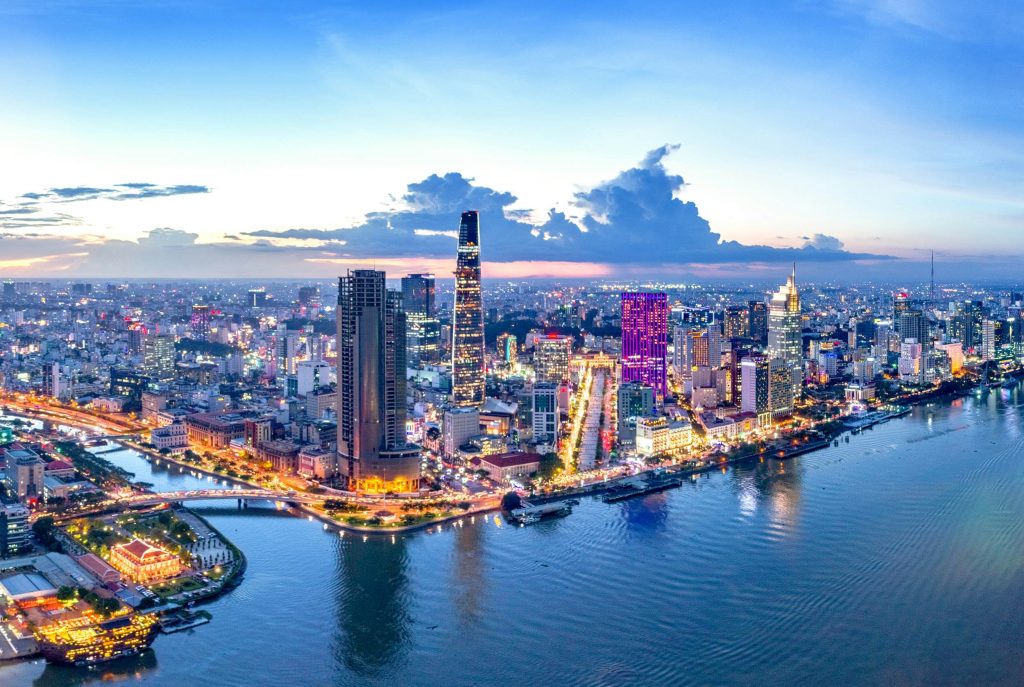Ben Tre – A guide basic for the trip
Ben Tre is a province located in the Mekong Delta region of southern Vietnam, known for its lush greenery and picturesque waterways. The province is predominantly agricultural, with a significant focus on coconut cultivation, earning it the nickname “Coconut Island.” Ben Tre is celebrated for its serene landscape of coconut groves, fruit orchards, and winding rivers, offering a glimpse into traditional Vietnamese rural life. Visitors can explore the area by boat, cruising along narrow canals shaded by coconut palms, or visit local villages to experience the warm hospitality and authentic cuisine of the region. Ben Tre also holds historical significance as a site where significant events of the Vietnam War unfolded, making it of interest to history enthusiasts. With its tranquil ambiance and natural beauty, Ben Tre provides a peaceful retreat from the bustling cities, ideal for those seeking a relaxing and culturally enriching experience in Vietnam’s countryside.
I. When is the best time to visit Ben Tre?
The best time to visit Ben Tre, Vietnam, is during the dry season, which typically runs from December to April. During these months, the weather is generally dry and pleasant, with lower humidity and less rainfall, making it ideal for exploring the region’s outdoor attractions like coconut groves and rivers.
December to February: This period offers cooler temperatures and clear skies, perfect for outdoor activities and sightseeing.
March to April: Temperatures begin to rise, but it’s still comfortable for exploring. April can be quite hot towards the end of the dry season.
Avoid visiting during the wet season, from May to November, as heavy rainfall can lead to flooding and muddy conditions, which may limit outdoor activities and sightseeing opportunities. Flooding in particular can affect transportation and accessibility to certain areas in Ben Tre.
II. What to do in Ben Tre?
Ben Tre offers a range of activities that highlight its natural beauty, cultural heritage, and local way of life. Here are some things you can do in Ben Tre:
- Boat trips along the Mekong Delta: Explore the intricate network of waterways and canals by taking a boat trip. You can cruise through coconut groves, visit local villages, and observe daily life along the riverbanks.
- Visit coconut candy workshops: Ben Tre is famous for its coconut candies. Visit local workshops to see how these sweet treats are made and even try making some yourself.
- Bike or motorbike tours: Rent a bike or motorbike to explore the countryside at your own pace. Ride through lush green rice paddies, fruit orchards, and coconut plantations.
- Explore fruit orchards: Visit local fruit orchards and indulge in fresh tropical fruits such as mangoes, rambutans, and jackfruits. Some orchards offer tasting sessions and the chance to learn about fruit cultivation.
- Homestay experiences: Stay with a local family to immerse yourself in the daily life and culture of Ben Tre. You can participate in cooking classes, learn traditional crafts, and share meals with your hosts.
- Visit historical sites: Learn about Ben Tre’s history, including its role in the Vietnam War. Visit historical sites such as Dong Khoi Village, where important events took place during the war.
- Relax on the beaches: Ben Tre has some quiet and serene beaches along its coastline where you can relax, swim, or simply enjoy the peaceful surroundings.
- Try local cuisine: Sample delicious local dishes such as fresh seafood, spring rolls, and various coconut-based dishes. Visit local markets and street food stalls to taste authentic Ben Tre cuisine.
Overall, Ben Tre offers a blend of natural beauty, cultural experiences, and historical insights, making it a rewarding destination for travelers interested in exploring the Mekong Delta region of Vietnam.
III. What local specialties does Ben Tre have that you must try?
Ben Tre is renowned for its local specialties, many of which highlight the region’s abundant coconut resources and vibrant culinary traditions. Here are some must-try dishes and treats in Ben Tre:
- Coconut candy (Kẹo dừa): This is perhaps the most famous specialty of Ben Tre. Coconut candy is made from coconut milk, sugar, and sometimes added flavors like durian or pandan. It’s cooked into a sticky, chewy consistency and often wrapped in edible rice paper.
- Bánh xèo dừa (Coconut pancake): Unlike the savory bánh xèo found in other regions of Vietnam, Ben Tre’s version incorporates coconut milk into the batter, giving it a unique flavor. It’s typically filled with shrimp, pork, bean sprouts, and served with fresh herbs and dipping sauce.
- Bánh ít lá gai (Sticky rice cake with screwpine leaf): These small, sticky rice cakes are wrapped in screwpine (pandan) leaves, imparting a fragrant aroma. They are often filled with mung bean paste and topped with shredded coconut.
- Bánh tét (Sticky rice cake): Although a traditional Tet (Lunar New Year) specialty, bánh tét is enjoyed year-round in Ben Tre. It consists of sticky rice filled with pork belly and mung beans, wrapped in banana leaves and boiled until fragrant and sticky.
- Cá lóc nướng trui (Grilled snakehead fish): Ben Tre is known for its freshwater fish dishes. Grilled snakehead fish is a local favorite, marinated with spices and grilled over charcoal, giving it a smoky flavor.
- Hủ tiếu Bến Tre (Ben Tre noodle soup): This noodle soup features thin rice noodles in a flavorful broth made from pork bones, shrimp, and fish. It’s typically garnished with herbs, bean sprouts, and lime wedges.
- Bánh phồng tôm (Shrimp crackers): These crispy shrimp crackers are a popular snack in Ben Tre, made from ground shrimp paste and tapioca flour, then deep-fried until golden and crunchy.
- Fresh tropical fruits: Ben Tre’s tropical climate produces a variety of delicious fruits. Don’t miss out on trying fresh mangoes, jackfruits, rambutans, and durians when they are in season.
Exploring the local cuisine in Ben Tre is not only a culinary adventure but also a way to experience the region’s rich agricultural heritage and the ingenuity of its people in utilizing coconut in various delicious forms.
IV. How to get to Ben Tre?
To get to Ben Tre, you have several options depending on your starting point within Vietnam:
- From Ho Chi Minh City (Saigon):
– By Bus: Buses depart regularly from Mien Tay Bus Station in Ho Chi Minh City to Ben Tre. The journey takes approximately 2-3 hours, depending on traffic.
– By Car or Motorbike: You can also rent a car or motorbike and drive from Ho Chi Minh City to Ben Tre. The route typically involves taking National Route 1A and then branching off onto provincial roads towards Ben Tre.
- From Can Tho:
– By Bus: Buses operate between Can Tho and Ben Tre, with a travel time of around 2-3 hours.
– By Car: You can drive from Can Tho to Ben Tre, which takes about 2 hours via National Route 1A and provincial roads.
- From other cities in the Mekong Delta:
– If you are traveling from other cities in the Mekong Delta region, such as My Tho or Vinh Long, buses and minibusses are available to Ben Tre. Travel times vary depending on the distance.
- From other parts of Vietnam:
– If you are traveling from cities outside the Mekong Delta, such as Hanoi or Da Nang, you can fly to Tan Son Nhat International Airport in Ho Chi Minh City and then proceed to Ben Tre by bus or car as mentioned above.
Travel Tips:
– It’s advisable to check bus schedules in advance and book tickets if possible, especially during peak travel times.
– Consider renting a car or motorbike if you prefer flexibility in your travel schedule and wish to explore more of the countryside around Ben Tre.
– Roads in Vietnam can be busy and traffic can be chaotic, so plan your journey accordingly and allow extra time for unexpected delays.
Once in Ben Tre, you can explore the province’s attractions by hiring local guides or renting bicycles or boats to navigate the scenic waterways and countryside.
If you need more information, please contact us Mail: zgotravelvietnam@gmail.com or WhatsApp: +84 9766 09451.

